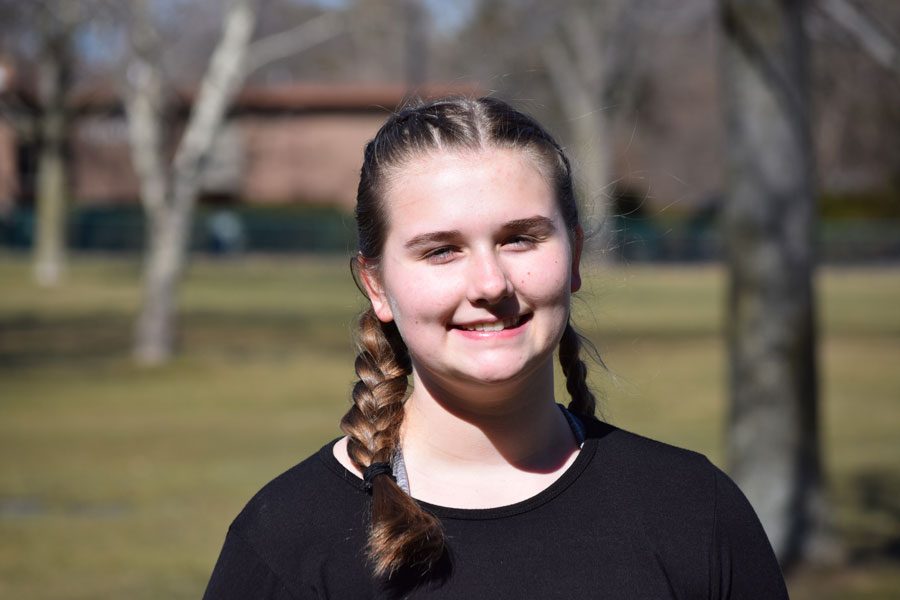Mental Health Matters: Depressive disorders impact many
We all learned about it in health. Maybe some of us were awake, maybe some of us weren’t. Regardless, depression has been on the rise in teens; and if you were awake in said health class, you probably know that too.
But I’m not here to give the general synopsis we are all required to learn at one point or another. I’m here to tell you what it feels like, what it looks like, and how our generation can battle it.
With each column, I hope to go beyond the textbook. I have depression myself and I know that it looks different in different people and often doesn’t match perfectly what we’re all required to learn. Still, more and more teens are diagnosed every single year; some people still struggle alone, as I have, and I hope to change that.
Before I was diagnosed I was barely living. I didn’t want to die, I just didn’t want to be conscious or living. Life had gotten to the point that it was getting unbearable, but for a very long time, I thought these feelings were normal. I talked with my friends about how tired I was all the time, and how stressed I was and how many times I had cried for no reason or because of some minor inconvenience. Scarily, those I talked to could often relate to my struggles. I didn’t feel like being around people a lot of the time, and I would avoid my friends sometimes because of this. I wondered whether life would get better and I often came up with the conclusion that it wouldn’t. But the thing that scared me the most was the number of times I thought about suicide. When the thoughts came up they were fleeting; I didn’t have a set date or method and I dismissed the thoughts as quickly as I could, and yet they kept coming back.
Eventually, I got help. I see a psychiatrist and psychologist now and I take medication. But I shudder at the thought of what would have happened if I had not done what I had done. So, I encourage you to talk to someone you trust or a doctor if this sounds familiar. Even if there’s a little doubt in your mind, it’s always better to ask and be wrong than suffering alone. Things can and will get better.
Additionally, there is something called a Mood Disorder that is very similar to depression. These are disorders that don’t quite meet rigid medical criteria to be diagnosed as Major Depressive Disorder but still affect daily life in a negative way. Like depression, this can and should be treated. Furthermore, there’s a lot of variety in the world of mental health. I’ve found that disorders are highly individualistic. Labels like “Major Depressive Disorder” and “Mood Disorder” are simply ways of classifying and grouping together a collection of similar symptoms that help doctors use to treat people whose extreme moods get in the way of daily life and functioning.
Many teens suffer from depression and symptoms of depression. As terrifying as it sounds to get help, doing so can be life-changing, it was for me. Life, especially high school, is stressful. Even people who do not suffer from depression can benefit from professional help at different times in their lives. So, if you feel that your moods get in the way of your life and give an unnecessary boundary, I again encourage you to get help.
However, I also recognize that seeing a doctor or mental health professional isn’t an option for everyone. If you can’t get to a doctor some options to help yourself I’ve accumulated so far include increasing your exposure to light, especially natural sunlight, and being around people you care about and enjoy being around more often. Additionally, as hippy-ish as it sounds, meditation can help with depressed mood and anxiety.
High school is hard, but for some people, it’s harder than it has to be. I encourage you to be sympathetic and aware of yourself and others so that those who need help can get it.


